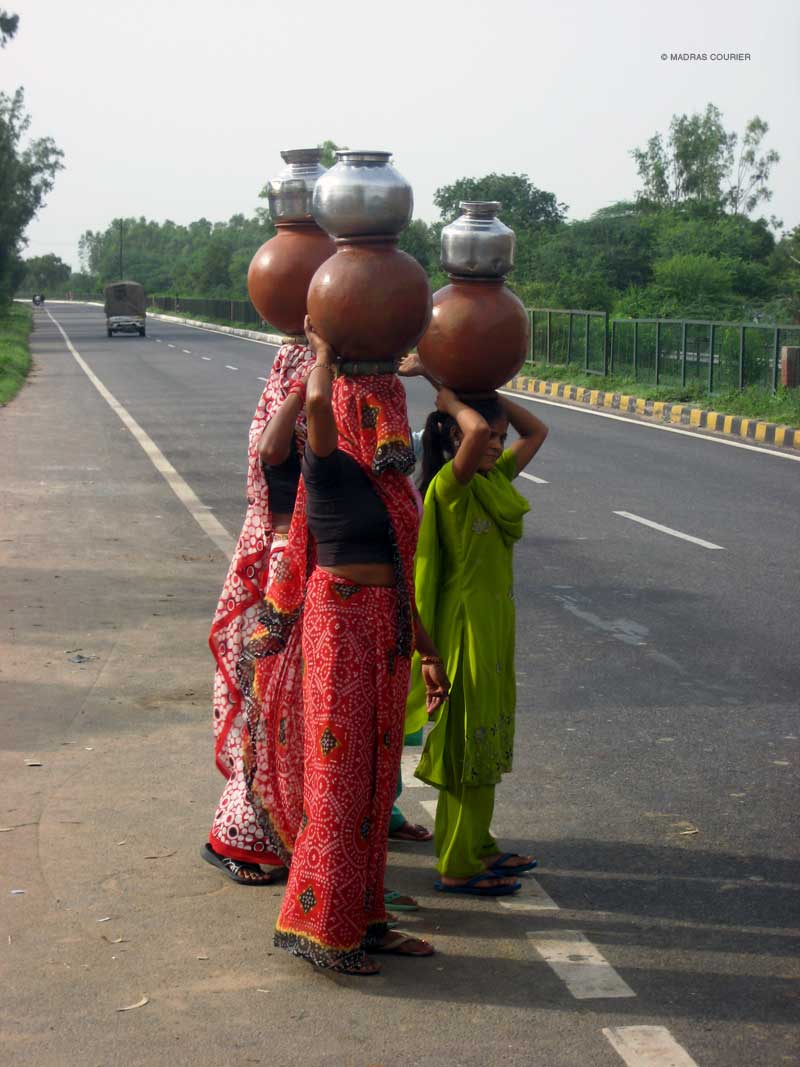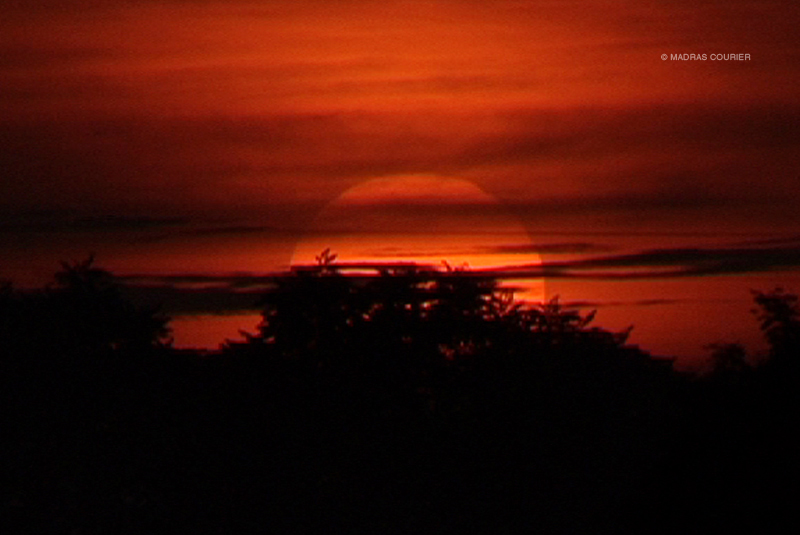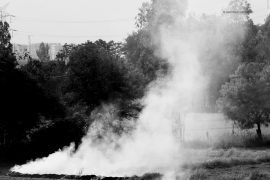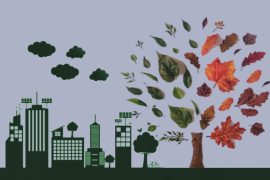April 2016, Beed, Maharashtra.
Eleven-year-old Yogita went to fetch water from a hand pump 500 meters from her home. This was her fourth trip. On her fifth, she collapsed. When family members took her to the hospital, doctors declared her dead. She had died of dehydration caused by intense heat. The summer of 2016 has seen India record its highest temperature ever. The heat was unrelenting.
It was not a rude shock – 2015 had earlier been the hottest year on record. In Rajasthan, temperatures soared up to 51 degrees Celsius. Almost all of India was under the curse of the sun. Roads melted, crops were decimated and livestock died. Rivers dried, as more than 330 million people in India were left without water. Over 2500 people died in the summer of 2015, due to an unprecedented rise in temperatures.

Climate change is killing people – quietly but consistently. Its impact can be felt every day. This is not an isolated incident, peculiar to India. In 2003, extreme heat waves in Europe decimated more than 70,000 people. An independent report commissioned by twenty governments estimated that five million lives are lost each year.
In the last 130 years, the world has warmed by approximately 0.85 degrees Celsius. Greenhouse gas emissions are wreaking havoc on our lives.
Copyright©Madras Courier, All Rights Reserved. You may share using our article tools. Please don't cut articles from madrascourier.com and redistribute by email, post to the web, mobile phone or social media.Please send in your feed back and comments to [email protected]











